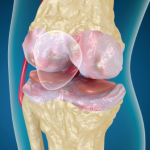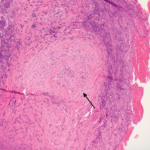Recent data showing sustained, long-term safety and efficacy of mavrilimumab for the treatment of rheumatoid arthritis (RA) confirm and build on prior evidence from phase 2 studies of the potential for this new agent for the treatment of RA. Mavrilimumab is a human monoclonal antibody that blocks a proinflammatory cytokine involved in RA pathogenesis—granulocyte-macrophage colony-stimulating…






